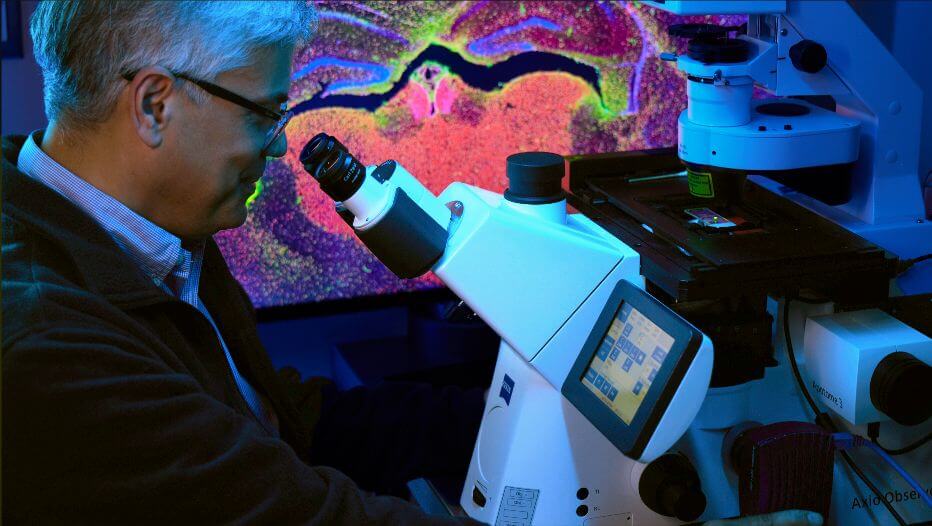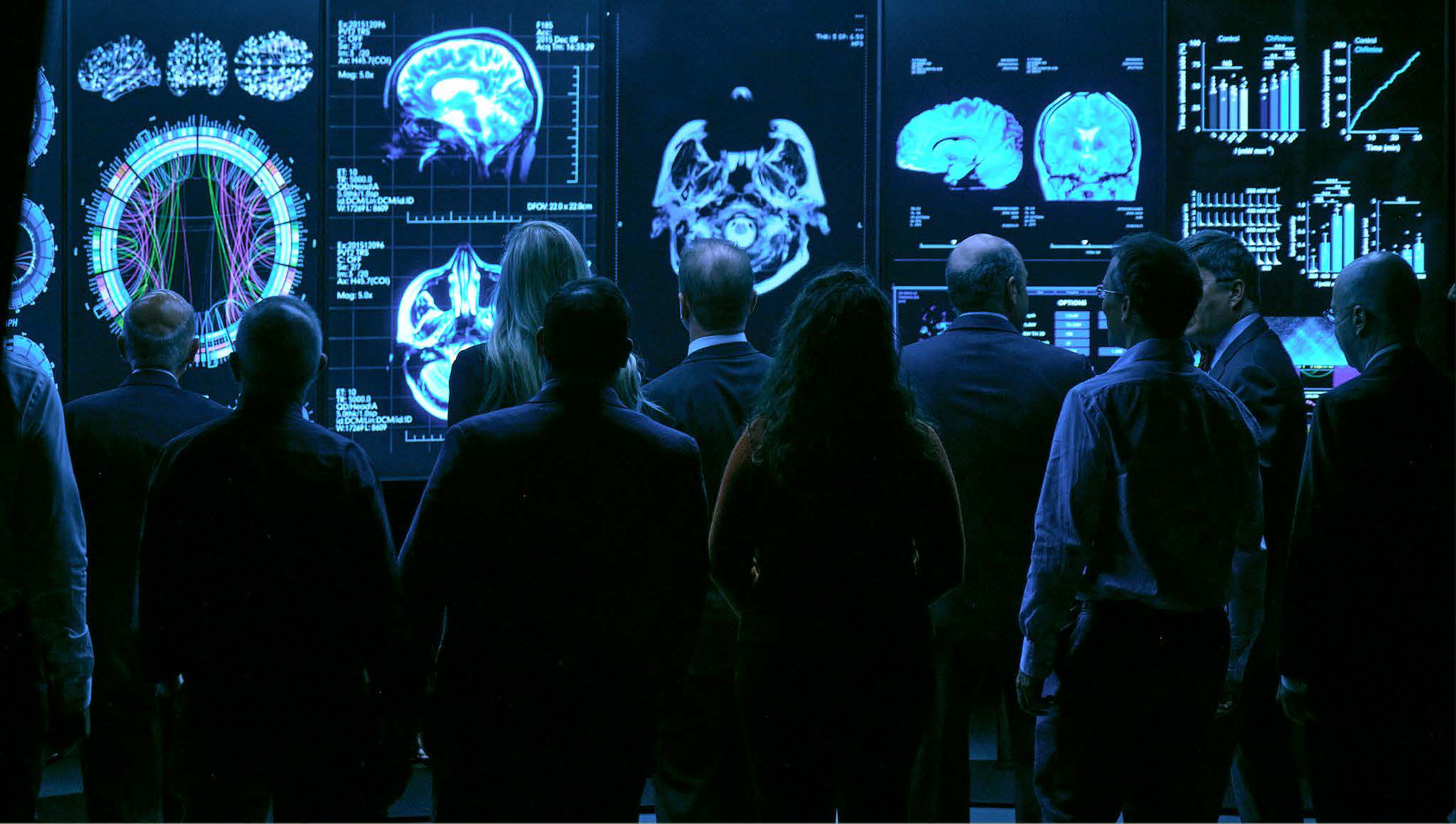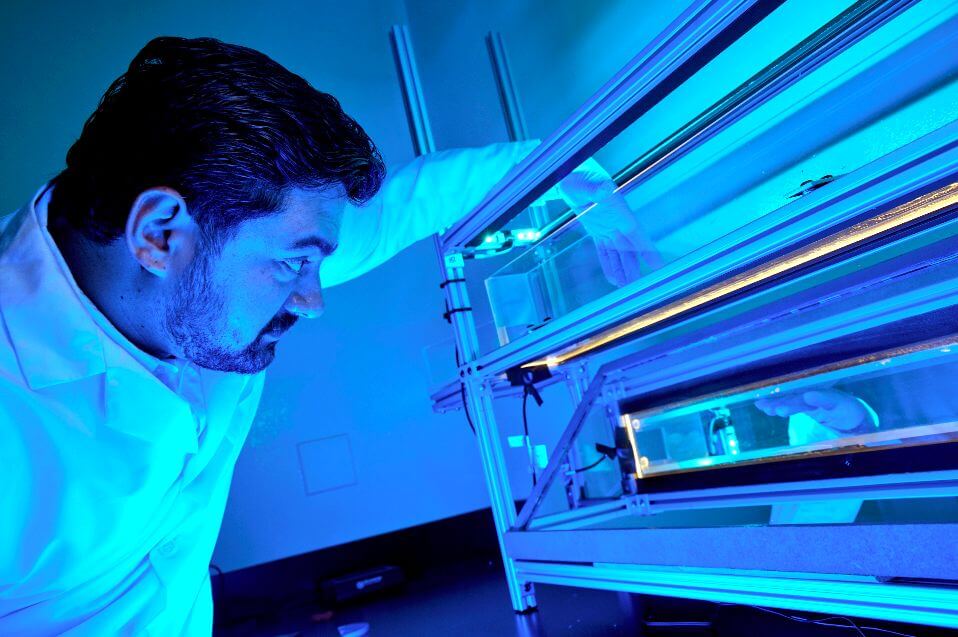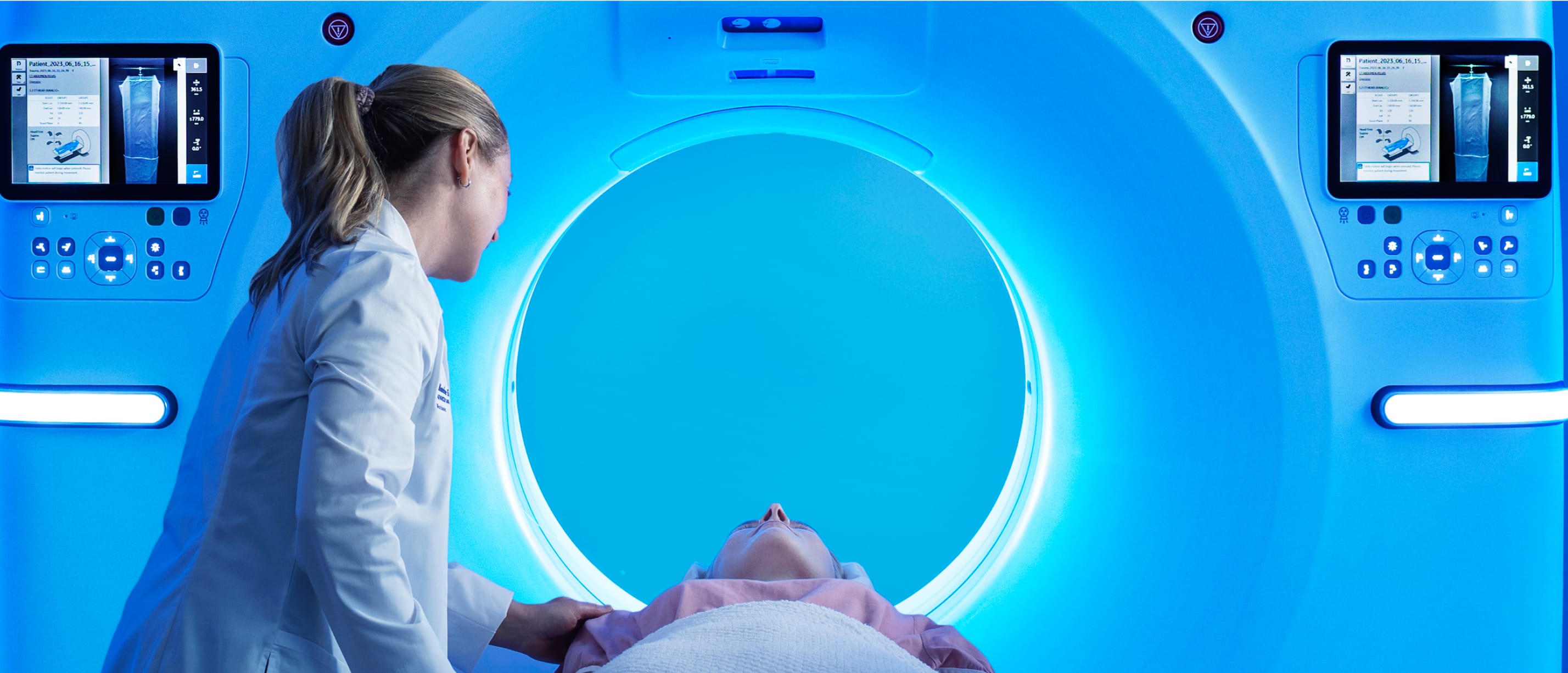The Saul R. Korey Department of Neurology is among the highest-performing centers in the nation, according to U.S. News & World Report, and we have earned the Comprehensive Stroke Center Designation from the Joint Commission—one of just 174 centers nationwide to earn this prestigious designation. We have also earned the prestigious Level 4 Epilepsy Center designation from the National Association of Epilepsy Centers.





Reinventing the Landscape of Neurological Disorder Diagnosis, Prevention and Treatment

Leaders in Advancing Life-Span Concepts to Treat and Cure Neurological Diseases
The Saul R. Korey Department of Neurology created a visionary model of neurological care through our culture of revolutionary, interdisciplinary biomedical discoveries that enabled us to envision neurological diseases as life-span disorders, defining an entirely new field of study and forever changing the lens through which neurological diseases are understood.
Our paradigm-shifting life-span concepts and culture of innovation have resulted in advancing our knowledge of neurodevelopmental disorders and understanding that childhood and early onset disorders necessitate different treatment modalities, as the brain changes during adult life and aging. As medical breakthroughs have increased the median survival of these profound disorders, our institution offers a destination site reflecting the aspiration that these patients can lead increasingly productive and fulfilling lives as they age.
From our world-defining Center for Autism and Pediatric Communication Disorders to our Center for Rett Syndrome, Center for Neurocutaneous Disorders and the Rose F. Kennedy Center for Intellectual and Developmental Disabilities, as well as the Children’s Evaluation and Rehabilitation Center (CERC), Montefiore Einstein continues to lead the nation and the world in these essential initiatives.
Our revolutionary life-span concepts have also enabled us to advance our understanding and management of aging and neurodegenerative disorders and have given rise to our increasing understanding that aging may, in fact, start as early as conception, changing the view of neurodegenerative disorders as a new class of developmental disorders, with significant implications for diagnosis and treatment of currently untreatable disorders.
Our department created the first program in the world that challenged and transformed the view that senility is a normal part of aging and led to an international biomedical movement to begin to study the scientific underpinnings of degenerative dementias as well as their distinction from the process of normal aging. This led to a congressional mandate to establish Alzheimer’s disease research centers and a new branch of the National Institutes of Health (NIH) called the National Institute on Aging.
Research carried out in departmental laboratories led to the paradigm-shifting discovery that aging likely starts at conception and that the forerunners of late-onset dementias had their origin at the early stages of life, and account for the fact that these disorders in fact are systemic disorders that need to be treated in an interdisciplinary way.
These revolutionary discoveries have profound implications for the early treatment of these currently untreatable conditions using a range of stem cell, epigenetic reprogramming and dynamic tissue remodeling strategies, thereby offering hope for the development of true disease-modifying treatments and even disease cures.
Seven Decades of Neurological Firsts
Montefiore Einstein’s seven decades of nationally and internationally defining biomedical innovations have re-envisioned the field of neurology into a modern scientific specialty. This modern field encompasses a unique spectrum of subspecialty areas in neurology, many of which we pioneered and are now standards of practice worldwide.
The Headache Center
The Sleep-Wake Disorders and Chronobiology Center
The Aging and Dementia Program and Centers
The Multiple Sclerosis Clinical Care and Research Center
The Pediatric Communication Disorders Center
The Neurotoxicology Research and Treatment Center
We’re not just keepers of the legacy for our own department but for the world of biomedical sciences.

Distinguished by Unmatched Interdisciplinary Collaboration
Our world-renowned interdisciplinary clinical, diagnostic and therapeutic subspecialists, physician-scientists and scientists from the departments of Neuroscience, Neurology, Neurosurgery, Psychiatry and Behavioral Sciences, Neuroradiology and Rehabilitation Medicine, and a spectrum of basic science disciplines including genomics, stem cell biology, systems and computational/AI biology, bioengineering, developmental biology, biochemistry and structural biology approach neuroscience through a wide and diverse lens of expertise and remain at the forefront of research, offering patients life-changing solutions to protect, preserve and restore neurological function and enhance brain resilience.
Our collaborative interdisciplinary research and discoveries of the nervous system have led to notable groundbreaking discoveries, some of which include that the peripheral nervous system gives rise to cancer and metastases and the brain is the seat of longevity and the key player in regulating whole-body energy metabolism.

Stopping Neurological Disease Before It Starts
Leaders in the Science of Neurological Care
At the Saul R. Korey Department of Neurology, we are committed to finding new and innovative options to prevent, diagnose, treat and cure neurologic diseases.
We are spearheading numerous clinical trials to advance treatments and receive notable NIH-funded grants for the study of a wide range of neurological diseases including Alzheimer’s, Huntington’s diseases and other degenerative dementias, traumatic brain injury/concussive syndromes, epilepsy, migraine/headache/facial pain, sleep-wake disorders and chronobiology, pediatric communication disorders, pediatric neuromuscular disorders, Multiple Sclerosis and neuroimmunology, as well as research that examines novel ways to restore brain function and studies that target the effects of COVID-19 on the brain in those with mild or asymptomatic infection.
Our Einstein Aging Study and our Division of Cognitive and Motor Aging have been cornerstones of our aging research focus and continue to represent national and international resources for collaborative research that extends beyond Montefiore Einstein.

Committed to Changing the Course of Lives



